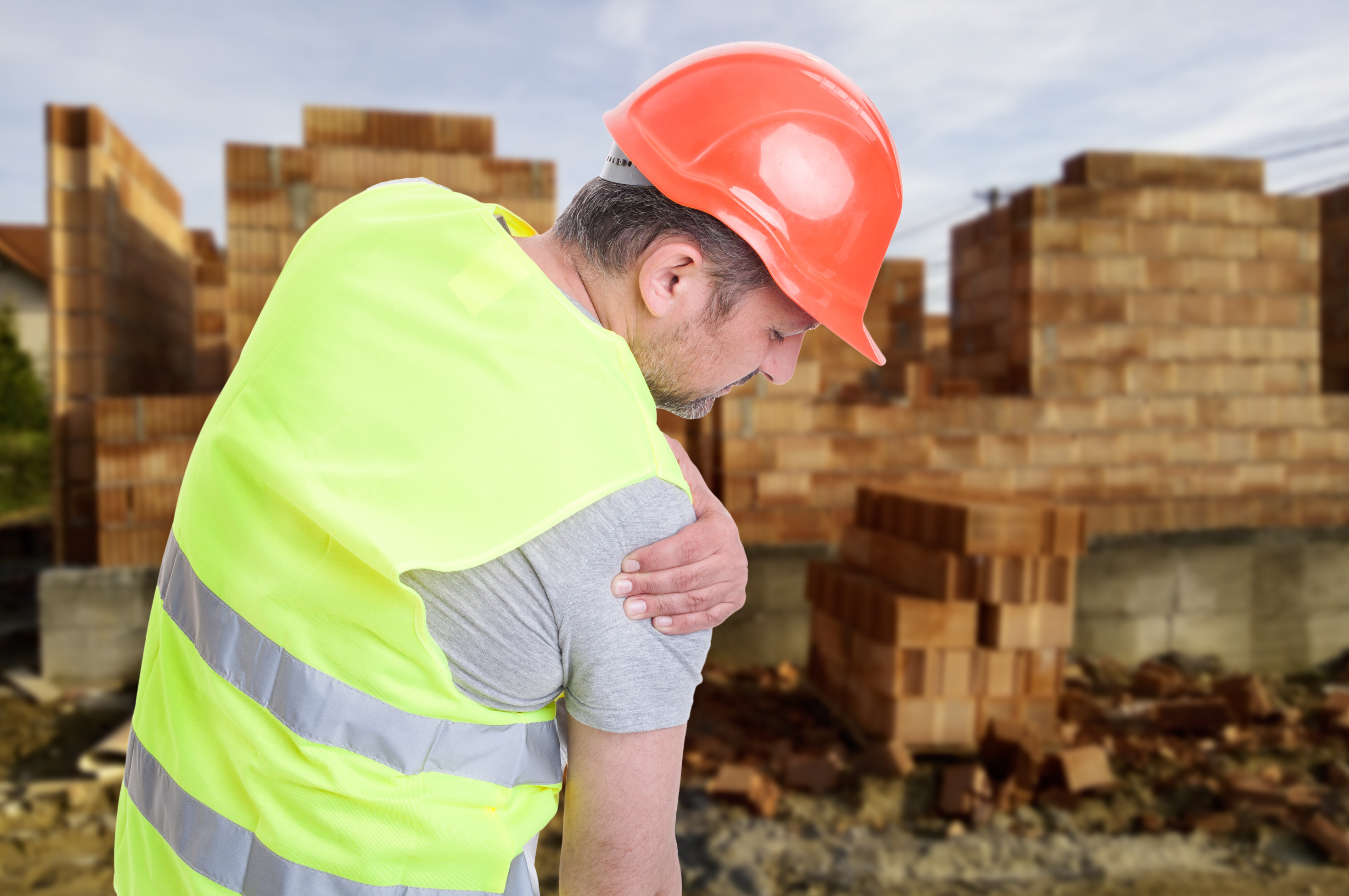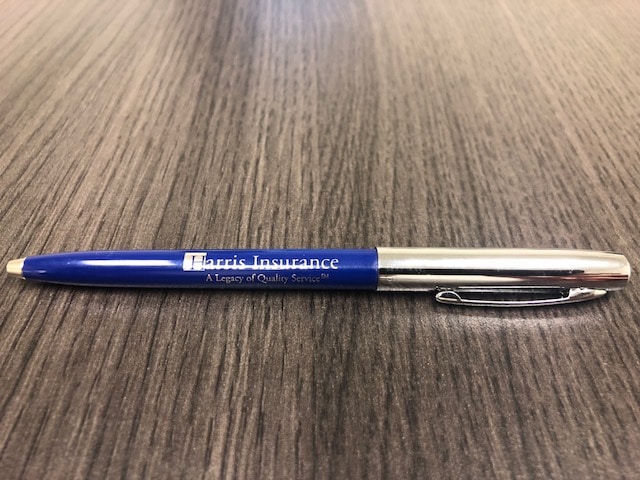
Who is Liable if a Contractor is Injured at Your Home?
Hiring a contractor to work on your home is a normal part of being a homeowner. You might be fixing a leaky ceiling or renovating your kitchen. The project may be big or small, but the facts are the same: a contractor came into your house and was injured. Now what?
Most homeowners assume that by hiring the contractor, they are covered by the contractor’s work insurance. This might be true, but it isn’t universally. The contractor themselves may have threatened to sue for negligence or unsafe work environment, and it’s normal for homeowners to simply have no experience or knowledge of how to handle this situation. Who is liable? Can you be sued?
The answer, as with most legal questions is “It Depends”. It depends on your insurance, who has been in charge of on-site safety, and the contractor’s own insurance coverage. Who is liable if a contractor is injured at your home? We’ll try to answer every aspect of this question here for you today.
Burden of Responsibility
When contractors are working in your house, there are layered burdens of responsibility. The first burden of responsibility is on you, the homeowner, to tell your contractors about any property hazards like a rotted floorboard or nails that stick out of the basement wall. From there, it’s the general contractor’s responsibility to manage safe practices in the work space. If you start instructing the team on safety, you actually taken on the full burden of liable responsibility as well, so be careful dispensing safety advice if you are not, personally, ready to be a general contractor.
So if a contractor is injured because you didn’t tell them about the rotted floorboard, you are liable. But if the contractor was injured because they were not using the proper safety measures, your general contractor is liable. If you have stepped into the role of general contractor, you, too may be liable.
Homeowner’s Insurance Won’t Cover It
If you have homeowner’s insurance, this is excellent. It’s a great protection from fire, leaks, vandalism, and other types of losses. There is also usually coverage for “general liability” meaning if a guest trips over a brick flowerbed in your lawn, your homeowner’s insurance will pay for the costs. This is true as long as the injury was an accident. However, homeowner’s insurance liability coverage does not (typically) cover contractors.
This is because contractors go above and beyond the level of risk your homeowner’s insurance assumes, like working with high-voltage electricity or heavy beams. Your own homeowner’s insurance can’t be relied on in the case of a contractor injury or the relative liability.
Relying on the Contractor’s Insurance
Because homeowner’s insurance won’t cover contractors, they must cover themselves. Most contractor businesses have their own set of insurance to allow them to both work on home infrastructure and provide for team members if an injury occurs. This means when you hire a contractor, it is vital to see and confirm their insurance policy to know they have the resources and liability coverage to cover any injuries on their own team that might occur on your property. Here, the general contractor takes full legal responsibility for injuries that were caused by safety malfeasance or negligence. However, you want to make sure you see this in writing.
Sub-contractors also need to come with their own insurance, and not all do. You will want to audit the subcontractors your general contractor wants to bring in to ensure that if any of them are injured, you will not be held liable.
How to Keep Yourself Safe from Contractor Liability Scams
Contractor liability scams can happen on purpose or by accident, where a contractor is injured working on your house and take the opportunity to sue you for damages. Unlicensed, “freelance” contractors are more likely to pull this stunt while established local and growing teams are more likely to have full insurance, proper oversight, and will work with you to prevent or deal with any sad disasters on-site.
But how do you protect yourself from contractor liability scams with so many teams on the market?
Hire a General Contractor
First and foremost, hire a trustworthy general contractor with a good local reputation. Look for a general contractor with plenty of experience in your neighborhood and great past results. Research lawsuit history relating to the company (just in case) and then check on their licenses, certifications, and insurance. If everything checks out, you have a trustworthy team you can work with on your next major repair or home renovation.
Don’t Provide Personal Safety Direction
Avoid taking over, even if something you see concerns. you. Don’t direct the contractor teams or individuals in any specific task. While the work is, of course, yours to see completed, you do not want to legally take over the responsibility of safety coordination. Leave that to the pros. If you want to voice a concern, take it to the general contractor or site manager in charge.
Inform Contractors (in writing) of All Potential Safety Hazards
If there are hazards in your home, like a loose stair railing, let your contractors know! Write it down and have them sign the warning, if necessary, to ensure that there is documentation of you telling them about the hazards. This way, if a contractor falls, you will have done your duty and cannot be found negligent of others’ safety.
Make Sure General- and Sub-Contractors are Licensed and Insured
Check the insurance and check it again. Contractor insurance is the only type that covers contractors as they work on private properties. Not just your general contractor, but every sub-contractor must have full insurance coverage before they set foot in your house, where you are the overall liable party.
What to Do if a Contractor is Threatening to Sue Over an Injury
So what do you do if you’ve hired a contractor, they’ve been injured, and they threaten to sue? The team might be unlicensed or and uninsured, or you may have taken over a little too much directing during the project.
The first step is to reach out to a lawyer that understands personal injury law. From there, you can build a strategy to protect yourself from an unfair liability claim. Contact us today to explore your options in the face of a contractor liability suit.
If you’re wondering who is responsible if your contractor damages your home, check out our article here.




